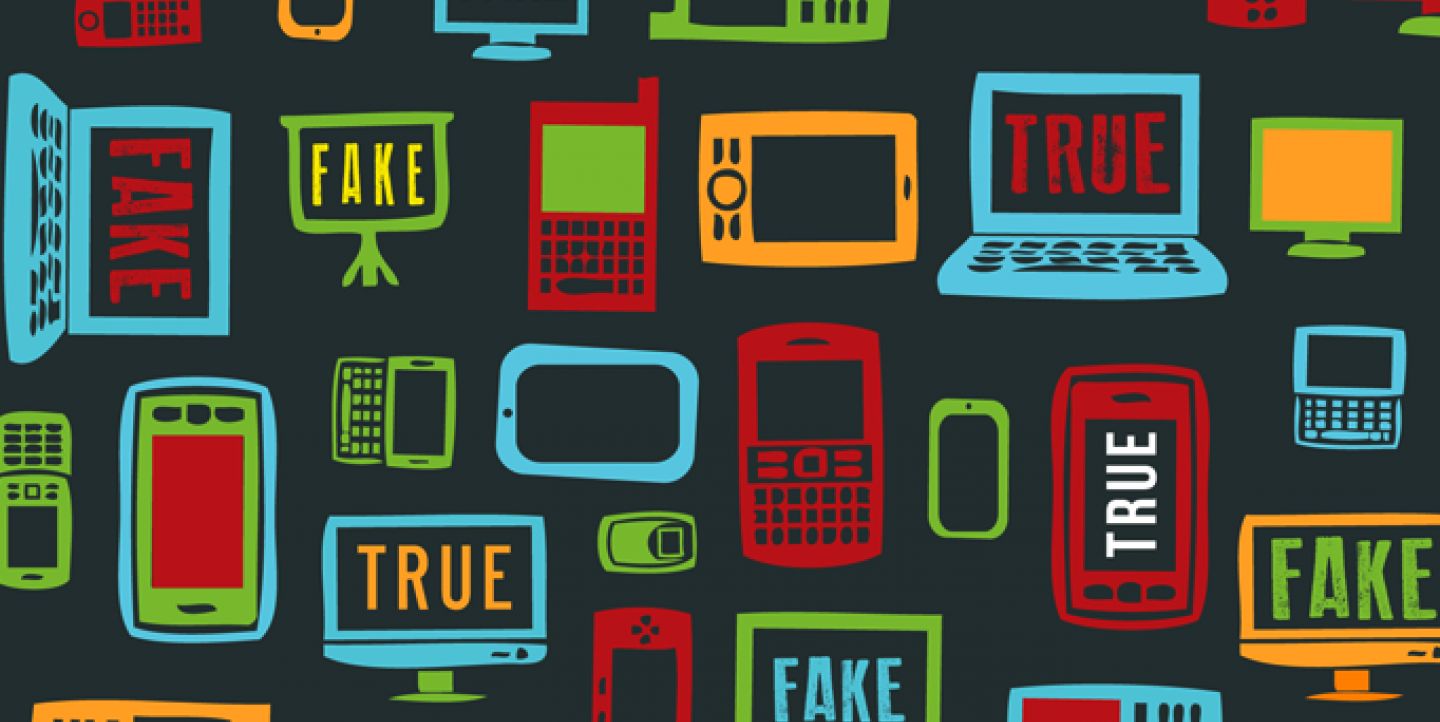In February 2015, staffers of online journalism site Bellingcat asked the public to help them identify vehicles spotted in the Ukraine-Russia conflict zone by submitting any images and footage from the scene. A week later they nearly doubled the amount of entries in the vehicles database, all with information from public, online sources.
This example of reporters turning to the crowd to aid them in their investigations is one of many cited in the new Verification Handbook for Investigative Reporting, released yesterday by the European Journalism Centre (EJC).
Written by a handful of experts and edited by Craig Silverman, verification expert and founder of rumor-tracking site Emergent, the free manual "provides best practices for evaluating and verifying open data, gives sound advice on workflow for fact-checking investigative projects and ethical approaches to [user-generated content](UGC) in investigations," the press release states.
"The abundance of open source information available online and in databases means that just about any investigation today should incorporate the search, gathering and verification of open source information," wrote authors Silverman and EJC's Rina Tsubaki in the handbook's opening chapter. "This has become inseparable from the work of cultivating sources, securing confidential information and other investigative tactics that rely on hidden or less-public information."
Among its 10 chapters, the handbook features sections on online research tools and investigation techniques, written by BBC research specialist Paul Myers; how to investigate companies via databases, by Khadija Sharife, senior researcher for the African Network of Centers for Investigative Reporting (ANCIR); and using UGC in investigations, by Claire Wardle, research director at the Tow Center for Digital Journalism at Columbia University.
The handbook also features three case studies: using mobile video to corroborate a Brazilian activist, tracking evidence from a shooting in Ottowa, Canada, and conducting multilingual searches for companies in the Middle East.
The handbook is a follow-up to EJC's previous publication, the Verification Handbook: A definitive guide to verifying digital content for emergency coverage, released in January 2014 and written by journalists from Storyful, the BBC, the Guardian and others. The original handbook has been translated into four languages - Arabic, Portuguese, Ukrainian and Spanish.
The handbook is available under a Creative Commons license, so you can excerpt passages for your own training as long as you provide attribution.
Image provided by European Journalism Centre

